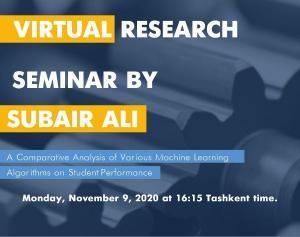On average, firstborns complete more education than their laterborn siblings. We study whether this effect is amplified by genetic endowments. Our family-fixed effects approach allows us to exploit exogenous variation in birth order and genetic endowments among 15,019 siblings in the UK Biobank. We find that those with higher genetic endowments benefit disproportionally more from being firstborn compared to those with lower genetic endowments, providing a clean example of how nature and nurture interact in producing skills. Moreover, since parental investments are a dominant channel driving birth order effects, our results are consistent with dynamic complementarity in skill formation.

Dynamic complementarity in skill production
Hits: 0




